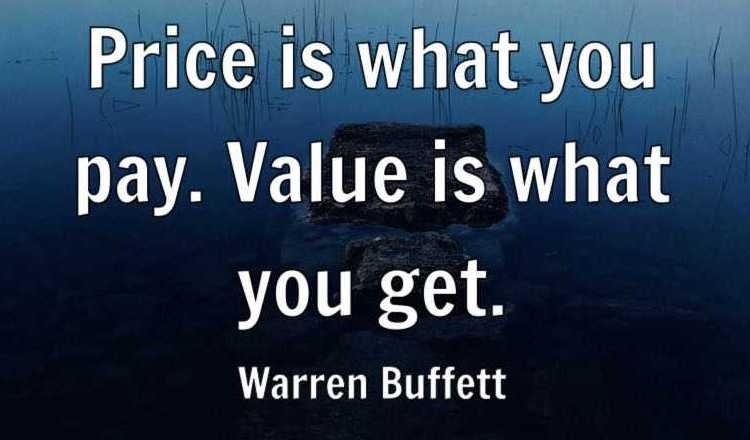A study by the Sales Benchmark Index concluded that only 13% are natural born salespeople, that means that 87% have to work at it, learn how to sell and rejection is part of the learning process. Most salespeople hate to be rejected, they hate how they feel after putting all that time and effort into that deal or relationship and then the client says no. Rejection is one of those things that we all know can install self-doubt, but when people reject your product or service, they are not rejecting you - don’t take it personally, stop being so egotistical, it’s about your product or service.
Would you like to learn how to shift your paradigm and view rejection as an indicator that something is not right? Rejection is an indicator that you are doing something wrong. I think that customers will reject you in sales based on three things: product, presentation (sales pitch) or price and it hardly ever has anything to do with you personally, so don’t get emotional when you lose a sale.
1. The product is not aligned with what they want or need. and the way to fix that is by improving your pitch.
2. The price, as maybe they can’t afford it.
3. A good presentation consists of you showing the customer how your product or service is going to help them increase their revenue, reduce their costs and/or expand their market share.
Most salespeople blame the product or the price for being rejected, and both of these can be fixed with a great sales pitch (presentation). It’s never really about the product unless you are selling to the wrong market but if you know who your target market is you know it’s not the product. And if you are targeting the right people in the right market segment and in the right demographics then you’ll know that it isn’t really about the price. If you are being rejected the indicator is that one of those 3 are broken and it’s most likely it’s the pitch.









